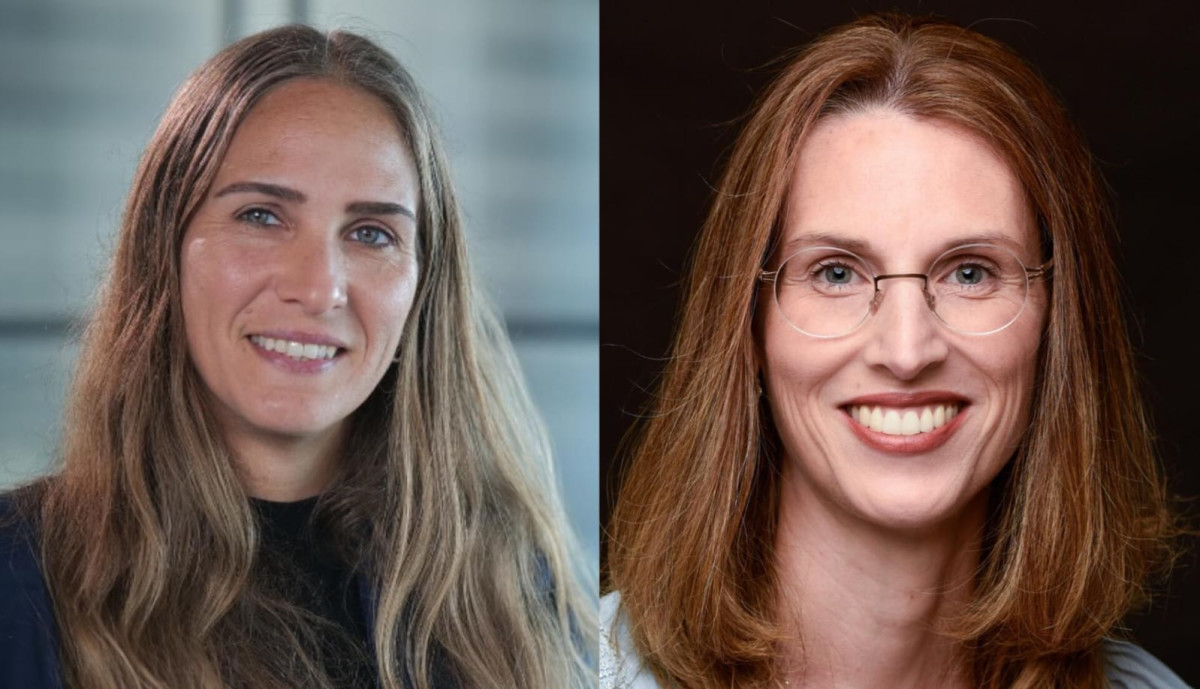The session aims to shed light on the significant gender gap in the medical field that poses challenges to women’s health and life expectancy. Modern medicine was primarily created by and for men, leading to discrimination at all levels such as budgeting, research, diagnoses, treatments, drugs, and awareness.
Israeli start-up companies participating in the session include Ibex Medical Analytics, EndoCure, PredictaMed, PregnanTech, AIVF, and DermaAb. These companies have developed innovative solutions for various women’s health issues. Dr. Gali Lerman from the Colton Center for the Study of Autoimmune Diseases at Tel Aviv University will also contribute to the session by discussing sex- and gender-aware Israeli medicine.
Dr. Inbal Tzafir Lavi highlights the physiological differences in women influenced by estrogen, leading to variations in drug effectiveness, side effects, required doses, and more. The session will address the historical medical discrimination against women and its impact on delayed diagnoses and misdiagnoses. Dr. Avital Adler emphasizes the revolutionary changes taking place to address the gender medical gap, with increased awareness and innovative technologies aiming to solve women’s medical issues. Venture capital funds and private investors have significantly increased investments in Fem Tech, leading to the development of solutions to bridge the gender gap in healthcare. Closing the medical gender gap is projected to generate substantial economic benefits by improving women’s health and work productivity.
The discussion of women’s health will focus on topics such as hormonal imbalances that affect female reproductive health and how they can be treated with innovative solutions like hormone replacement therapy or intrauterine devices (IUDs). Additionally, we will explore how social stigma surrounding certain diseases like endometriosis can lead to delayed diagnoses or even self-diagnosis of a less severe condition.
Furthermore, we will delve into how technology has revolutionized healthcare for women by providing access to information through mobile apps or wearable devices that allow them to monitor their symptoms or track their progress towards recovery from illnesses like breast cancer or postpartum depression.
Overall, this session highlights how bridging the gender gap in medicine is essential not only for improving women’s health but also for promoting equality in society as a whole.
In conclusion,
The discussion of women’s health is crucial for addressing disparities in healthcare outcomes between men and women. The session aims to shed light on how modern medicine was primarily created by men leading to discrimination against women at all levels of healthcare delivery.
Israeli start-ups are playing an essential role in addressing these issues through innovative solutions developed specifically for female patients’ needs.
Dr. Gali Lerman will discuss sex-and gender-aware Israeli medicine while Dr. Inbal Tzafir Lavi highlights physiological differences caused by estrogen that affect drug effectiveness.
Venture capital funds have increased investments in Fem Tech leading to breakthroughs that could bridge the gender gap in healthcare.
Closing this gap would lead not only to improved outcomes but also benefit society as a whole through increased productivity among healthy workers.
In summary,
Addressing disparities between male and female patients requires a multifaceted approach that includes education about sex-and gender-awareness within Israeli medicine while highlighting physiological differences influenced by estrogen that affect drug effectiveness among female patients.



